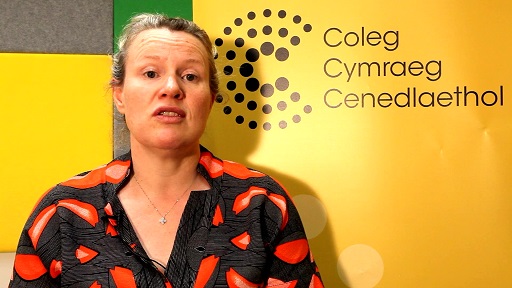How do I apply for medicine?

Transcript: Teacher
There are several paths to studying medicine at Cardiff University. Cardiff is the only university where you can study medicine bilingually at an undergraduate level. You can also apply for the graduate medicine degree at Swansea University where some material is offered bilingually. You can:
- apply straight from A-Levels
- apply with another degree
- start with a feeder degree, for example biomedical sciences.
Don’t give up if you don’t have the necessary GCSEs. With a bit of perseverance, you can still follow your dream of studying medicine.
For the most up to date details of the academic requirements for admission, make sure you check online or contact Cardiff Medical School at: medadmissions@cf.ac.uk [Tip: hold Ctrl and click a link to open it in a new tab. (Hide tip)] to have a chat about your situation.
You will be accepted to study medicine on the basis of three scores:
- academic qualifications
- non-academic qualifications
- an interview.
Exceptional circumstances will be considered on a case-by-case basis with every application.
In addition to the required academic qualifications, applicants are assessed on a range of other non-academic criteria. You need to be able to show the selectors that you have:
- insight into medicine as a career; for example, through work experience
- a caring attitude and sense of social awareness; for example, through voluntary work in a hospice
- a sense of responsibility; for example, through a role such as team captain or head of a society
- a balanced approach to life; for example, having interests outside of your studies
- evidence of self-directed learning; for example the Baccalaureate Individual Investigation
- team-working skills; for example, through membership of a club.
The important thing is demonstrating what you’ve learnt through these experiences, and being able to articulate what has motivated you to pursue a career in medicine.
